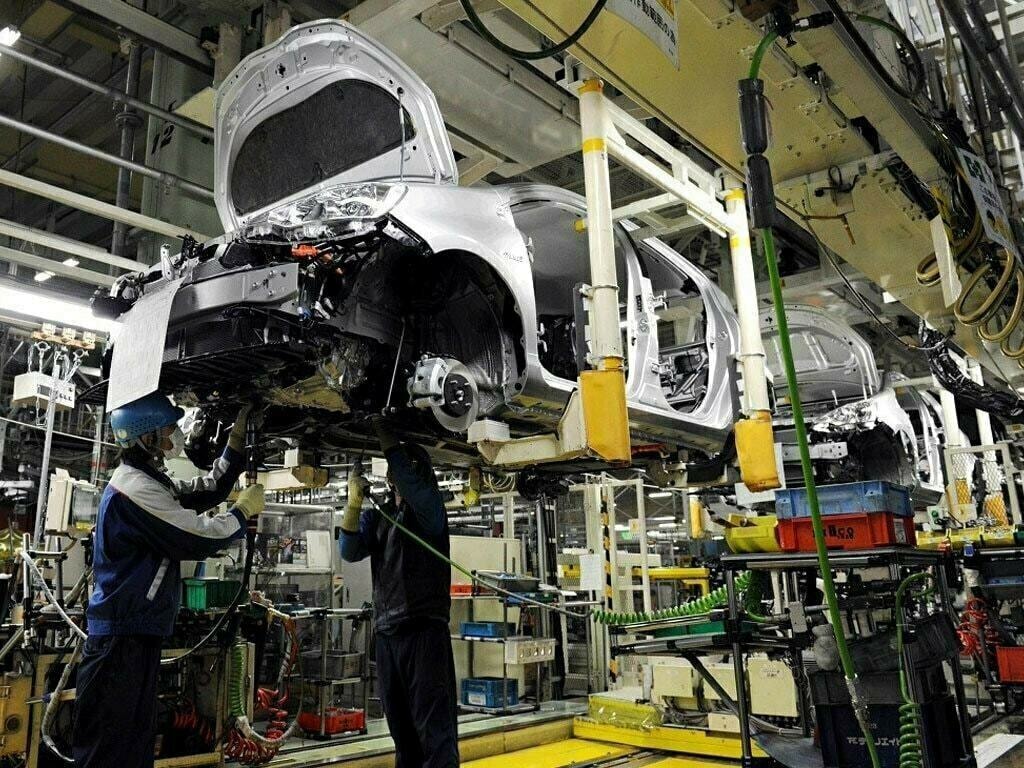Auto industry experts assert that a blend of factors, including diminished purchasing power, hefty taxation, widespread inflation, and currency devaluation, has compelled auto manufacturers to reduce prices. Despite this move impacting profit margins, it proves advantageous for customers and offers a lifeline to the struggling industry.
Expressing discontent with ineffective economic policies, market analysts informed The Express Tribune that the recent government decision to raise sales tax on vehicles with engine capacities of 1,400CC and above, as well as those priced over Rs4 million, from 18% to 25%, has negatively impacted the auto sector. They emphasize that this sales tax hike, implemented by the government and the Federal Board of Revenue (FBR), prompted auto manufacturers to lower prices, sacrifice profit margins, and devise customer-friendly strategies.
For instance, had companies transferred the entire 7% increase in sales tax to vehicles priced slightly above Rs4 million, customers would have faced a hike of at least Rs280,000 per unit. However, instead of burdening customers, companies opted to reduce prices to maintain these vehicles within the 18% sales tax bracket. Ultimately, customers bear the impact of these sales taxes.
Experts highlight four main challenges—high interest rates, significant taxation, rupee devaluation, and inflation—as having a significant impact on the auto industry. They emphasize the necessity for the government to develop consistent and pragmatic policies to stimulate sector growth, cautioning that without such measures, auto plants may become economically unfeasible, leading to increased unemployment.
Honda Atlas Cars has decreased the prices of two City variants to Rs4.649 million and Rs4.689 million, marking reductions of Rs50,000 and Rs140,000, respectively. Similarly, Indus Motor Company (IMC) recently decreased prices across its Yaris sedan lineup, with reductions ranging from Rs73,000 to Rs133,000. These price adjustments apply to four Yaris variants, now priced between Rs4,326,000 and Rs4,766,000 per unit.
IMC CEO Ali Asghar Jamali attributed the price reductions to an internal strategy, providing no further details.
Reduced inflationary pressure, combined with low interest rates in car financing, is anticipated to boost sales in the near future, according to Waqas Ghani, Deputy Head of Research at JS Global.
Meanwhile, Muhammad Abrar Polani, a research analyst at brokerage house Arif Habib Limited (AHL), noted a decline in local auto market demand. The reduction in auto prices aims to facilitate industry recovery.




